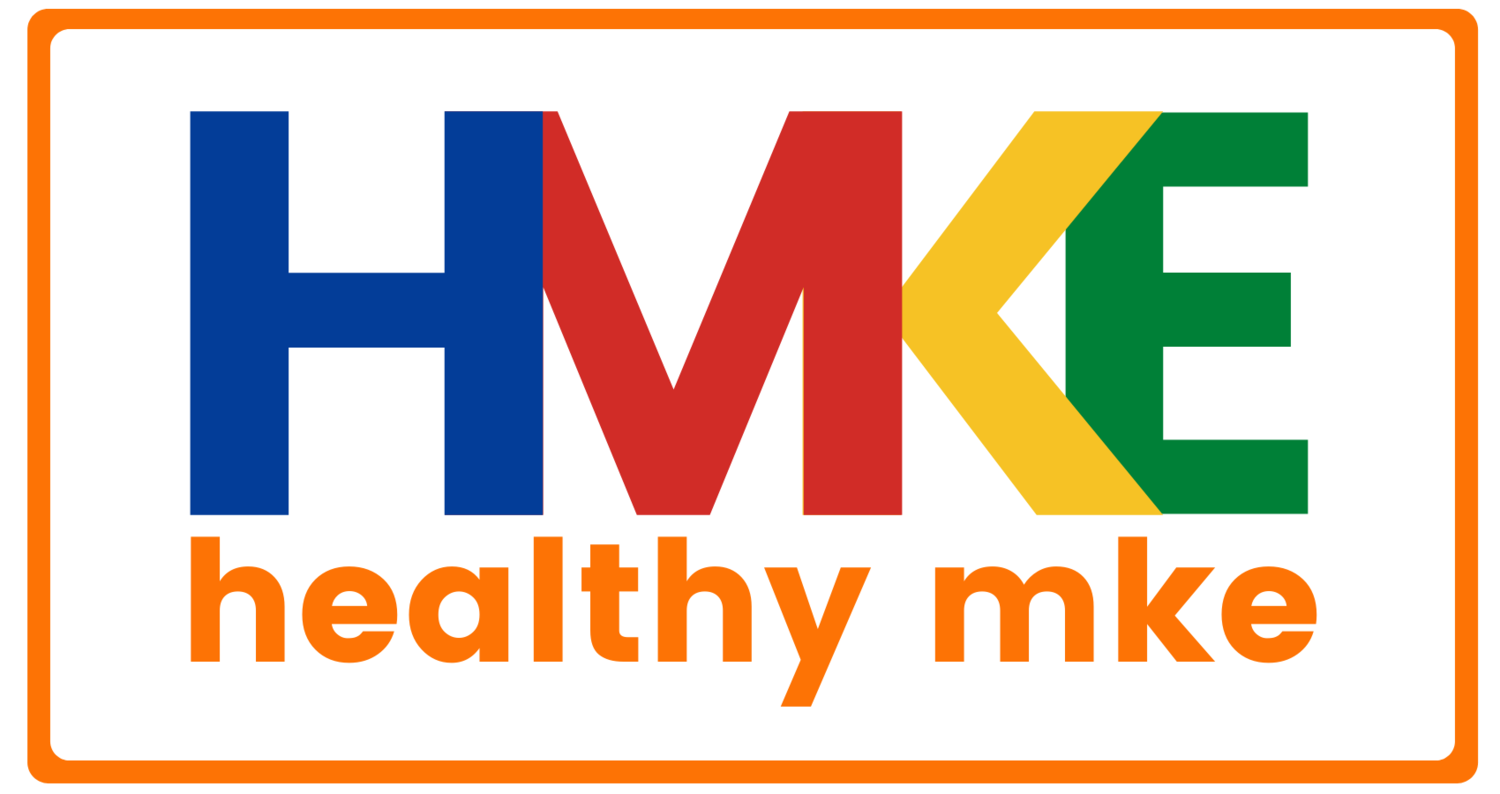
Key answers to questions and topics related to health insurance.
Skip To: Open Enrollment FAQs, Renewal FAQs, Cost & Choice FAQs, Other Key Topics, and Special Enrollment Periods (SEP)
Get free help from an enrollment assister or sign up on your own.
Open Enrollment FAQs
-
The Marketplace (sometimes called Obamacare) is the health insurance exchange where you can shop for health insurance plans. The Marketplace was created as part of the Patient Protection and Affordable Care Act, passed by Congress in 2010.
-
HealthCare.gov is the website where you can learn more about types of Marketplace health insurance plans and sign up for coverage.
-
Open Enrollment is the period of time that you can sign up for a Marketplace health insurance plan through healthcare.gov or when working with an insurance assister. Open Enrollment is November 1, 2021, to January 15, 2022, for coverage in 2022.
-
Now, more than ever…. you need health care. Every health insurance plan on HealthCare.gov covers these essential benefits: doctor visits, preventive care, hospitalization, prescriptions, pregnancy and newborn care, children’s dental care, mental health services, and more.
Medicaid renewal FAQs
-
When you first applied for benefits, you gave the state details about things like your household, income, and insurance. To see if you can keep your benefits, you need to update that information every year. This process is called a renewal.
-
Each member has been assigned a renewal date between June 2023 and May 2024. To find yours:
Check the letter mailed to you in March from the Wisconsin Department of Health Services.
Log in to your ACCESS account at access.wi.gov or use the MyACCESS app. If you don't have an account, create one at access.wi.gov to see your benefits information anytime, anywhere.
-
About two weeks before your renewal month, we'll send you a renewal packet in the mail. This packet will tell you what information you need to confirm or update so we can see if you still qualify for your program. A digital version of the packet will also be in your ACCESS account.
Renew as soon as you get your renewal packet, but not before. Under federal guidelines, you can keep your benefits until your next renewal. Once you get your packet in the mail or in your ACCESS account, complete your renewal right away to avoid delays or a gap in coverage.
-
If you do not renew during your renewal month, your benefits will end. During the following three months, you can do a late renewal for BadgerCare Plus and most Wisconsin Medicaid programs. If you do a late renewal however, you might have a gap in coverage. Starting four months after your renewal month, you will have to reapply. If not, call 211 or visit WisCovered.com to get help finding other coverage.
-
Don’t delay medical care! While your program membership continues, use your benefits. For example, if you have BadgerCare Plus, you can get vaccines, medical check-ups, and prescription refills. You can use mental health services, too.
Cost and Choice FAQs
-
It’s easier than ever before to afford quality health insurance plans on HealthCare.gov! No matter what you earn, you can get financial help to pay for health insurance. To find out if you can save or get no-cost health insurance, speak to an expert on the phone, or answer two quick questions with this online tool.
-
Yes! Free, expert help is available to help you start or finish an application. Call now to find an enrollment assister near you:
Anywhere in Wisconsin: 2-1-1
In Milwaukee: (414) 270-4677
-
A health insurance assister is a person trained and registered with the state of Wisconsin. This includes:
Navigators: Provide free, year-round help with Medicaid, BadgerCare, and Marketplace plans. They also help to resolve problems with coverage and medical bills. Navigators are federally trained and certified.
Certified Application Counselors (CAC): Provide free, year-round help with Medicaid, BadgerCare, and Marketplace. CACs are federally trained and certified.
Agents and brokers: Sometimes provide free, year-round help with Marketplace and other insurance like Medicare. They are contracted by insurance companies to help you. They should not charge you.
Health insurance help should always be free.
-
Yes. Every year plan prices and options change. Also, the amount of financial help may change, so it is important to update your financial and household information. If your income goes down or you have a baby, you may qualify for additional financial help. If your income goes up, you’ll want to make sure you’re getting the most accurate information and benefits.
Be sure to check to see if your favorite doctors, hospitals, medications, and pharmacies are still available if you renew your plan – sometimes provider networks change from year to year.
-
If you lose your health insurance benefits from work, you can sometimes keep that insurance for up to 18 months. This option is called COBRA. With COBRA, you usually pay the full cost of the plan through monthly premiums.
Get free, expert help determining whether COBRA or a plan on HealthCare.gov is the best option for you.
-
You might be able to get low-cost or no-cost health insurance. You might also be eligible for Medicaid, also called BadgerCare Plus.
The first step is to use our saver tool and then get connected to the next best resource or call (877) 947-2211.
-
Great! Select the option you want below and get started now.
Get a plan on the Marketplace
Enroll in BadgerCare Plus
Getting Coverage Outside Of Open Enrollment (SEP)
Open enrollment is the time of year that you have the option to change and or renew your health insurance coverage. Outside of open enrollment, there are Special Enrollment Periods (SEP) and situations where you can get or change your coverage. Explore options below.
Lost your job-
based coverage.
-
You lost your job or you quit your job.
Your hours were reduced, making you ineligible for your employer’s plan.
Your employer stopped ordering coverage.
-
Call a navigator and get free help at (414) 400-9489 or complete an application at HealthCare.gov. CLICK HERE.
Job-based coverage
is too expensive.
-
Your employer stopped or reduced premium contributions for your plan, making premiums cost more than 9.78% of your projected income.
Your family’s income falls, making your premiums more than 9.78% of your projected income.
-
Call a navigator and get free help at (414) 400-9489 or complete an application at HealthCare.gov CLICK HERE.
Were offered
COBRA.
-
You are still within 60 days of losing your job-based coverage, whether or not you enrolled in COBRA.
-
Call a navigator and get free help at (414) 400-9489 or complete an application at HealthCare.gov CLICK HERE.
Missed a SEP period
due to COVID-19.
-
You were affected by COVID-19 and it caused you not to claim your SEP, and you live in a state with a FEMA disaster declaration (as of 9.9.21 all states have a disaster declaration).
-
Call a navigator and get free help at (414) 400-9489 or complete an application at HealthCare.gov CLICK HERE.
Were previously
uninsured.
-
You experienced a change such as a permanent move or the birth of a child. Losing a job without also losing coverage does not result in an SEP.
-
Call a navigator and get free help at (414) 400-9489 or complete an application at HealthCare.gov CLICK HERE.
Have had a drop
in income.
-
You were enrolled in minimum essential coverage.
-
Call a navigator and get free help at (414) 400-9489 or complete an application at HealthCare.gov CLICK HERE.
Have low
income?
-
You have an income that is considered low.
-
Call a navigator and get free help at (414) 400-9489 or complete an application at HealthCare.gov CLICK HERE.
Other Key Topics
-
Health insurance coverage is a type of insurance that helps you pay or lowers the cost of medical and health services.
-
Your health and wellness is important and health insurance can help you get the care you need in an affordable way. Every health insurance plan on HealthCare.gov covers these essential benefits: doctor visits, preventive care, hospitalization, prescriptions, pregnancy and newborn care, children’s dental care, mental health services, and more.
-
Open enrollment: The Healthcare.gov open enrollment period is November 1 to January 15
Copayment (co-pays): A fixed amount you pay for a health care service when you have insurance.
Premium: The monthly payment you make to the insurance company for your health insurance plan to be active.
Health insurance enrollment assister: A person trained and registered with the state of Wisconsin to help people sign up for health insurance for free, including a Navigator, Certified Application Counselor, agents, and brokers.
Get free help from an enrollment assister or sign up on your own.





